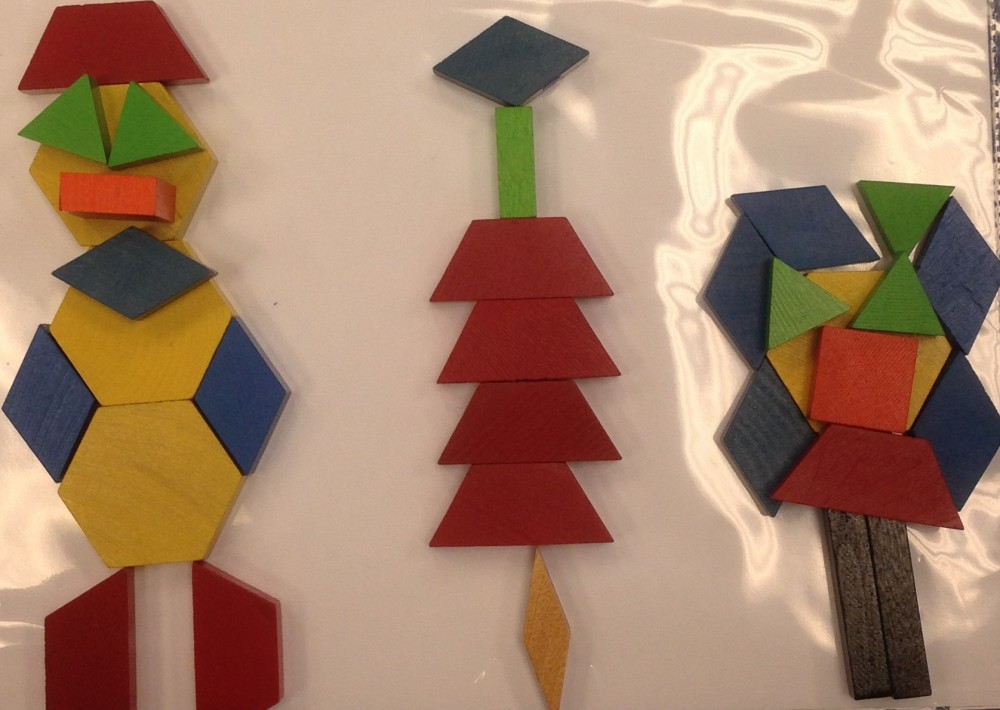Throughout my teacher training program, I found that the principles of Social-Emotional Learning (SEL) have been very useful to meet the needs of my students from my practicum experiences. In one of my university courses, my colleagues and I studied the theory of Social-Emotional Learning affecting students’ learning environment for our class project. We identified three meso-systems — family, media and peers — that interact upon each other in the daily lives of our students. As “expert teachers,” we facilitated a classroom discussion on Social-Emotional Learning using Erikson’s Stages of Individual Development to address the needs of our elementary students in their meso-systems. After summarizing the text and class findings, we guided our fellow colleagues to develop strategies on how to create relationships with our students and their families in the classroom environment.
One-page presentation on Social-Emotional Learning:
Social-Emotional Learning (Relationship) Handout
The impact of this class project is remarkable because many of us as teacher candidates are struggling with difficult students in our practicum classes. The class discussion allows us to reflect on how we are able to empower students and facilitate learning by inviting them to be the “expert teachers” of themselves. I have found that it is rewarding for my students to learn to pace themselves and feel empowered in an enjoyable learning environment. I firmly believe that if teachers are able to nurture the needs of students proposed by Erikson, teachers would enable students to have a sense of belonging and grow towards independence in the classroom. With the help of my UBC colleagues, I reach a deeper understanding of my students to support their physical, social, emotional and intellectual growth.
Notes: Thanks to my colleagues, Jennifer Murtagh and Edmond Chin, for sharing their resources in this collaborative report and presentation.
